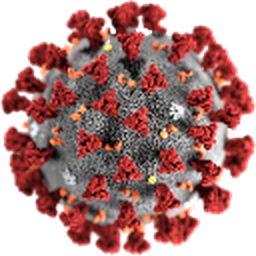Generative AI in Biopharma: Revolutionizing Drug Development & Research
Introduction to Generative AI in Biopharma
Generative AI is reshaping the biopharma industry by accelerating drug discovery, optimizing clinical trials, and enhancing regulatory submissions. By leveraging deep learning, machine learning, and natural language processing (NLP), AI-driven solutions can analyze vast datasets, generate insights, and streamline R&D processes.
Key Applications of Generative AI in Biopharma
- Identifies novel drug candidates through deep learning models.
- Accelerates hit-to-lead and lead optimization processes.
- Predicts drug-target interactions to enhance efficacy and safety.
- Automates patient matching for clinical studies.
- Predicts trial outcomes, reducing failure rates.
- Enhances protocol optimization for faster approvals.
- Automates regulatory submissions (FDA, EMA, etc.).
- Generates high-quality medical writing and clinical documentation.
- Improves pharmacovigilance with AI-driven safety monitoring.
- Analyzes real-world data for post-market surveillance.
- Provides AI-driven insights for HEOR and reimbursement strategies.
- Enhances patient safety monitoring through AI-powered analytics.
Benefits of Generative AI in Biopharma
- ✅ Faster Drug Development: AI reduces R&D timelines, increasing efficiency.
- ✅ Cost Reduction: AI-driven automation lowers costs across clinical and regulatory processes.
- ✅ Improved Accuracy: Advanced AI models enhance decision-making in research and compliance.
- ✅ Scalability & Innovation: AI enables scalable, data-driven biopharma operations.
Conclusion: The Future of AI in Biopharma
Generative AI is revolutionizing biopharma by transforming how drugs are discovered, developed, and brought to market. With AI-driven solutions improving efficiency, compliance, and patient outcomes, companies investing in AI will lead the future of pharmaceutical innovation.
👉 Learn how Take Charge Medical leverages AI for Biopharma: Contact Us

 Regulatory, Compliance, and
More.
Regulatory, Compliance, and
More.